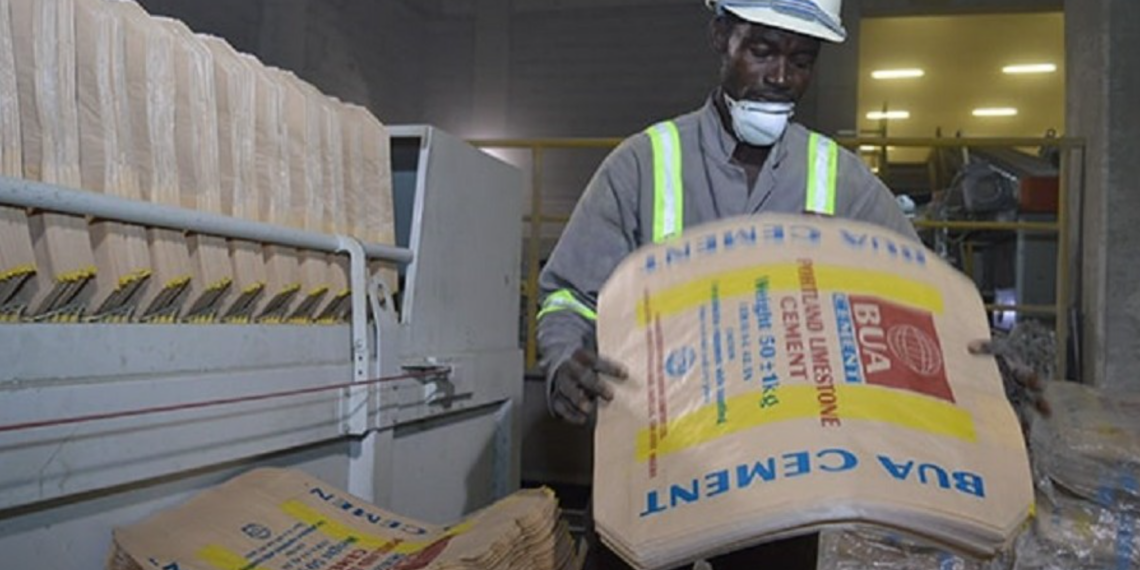Aliko Dangote recently accused the Nigerian Union of Petroleum and Natural Gas Workers (NUPENG) of levying exorbitant charges on fuel trucks that load from his refinery. He stated the union collects as much as ₦50,000 or ₦48,000 per truck at the refinery gate. After adding charges from other intermediaries, the cost per truck can reach between ₦80,000 and ₦84,000. Dangote insists that such cumulative levies increase fuel pump prices and unfairly burden consumers. Experts agree and warn about long-term price distortion if this practice continues.
What Dangote Claims
Dangote claims the levies qualify as “rent-seeking”; he argues they discourage efficiency and transparency in fuel distribution. He emphasized that, when trucks pay these charges, distributors factor them into their margins. As a result, fuel consumers end up paying more at the pump. Furthermore, Dangote said his company learned from its prior experience as a fuel importer, when third-party transporters held the supply chain in limbo. Thus, he moved to deploy a fleet of 4,000 CNG-powered trucks to reduce dependency and minimize extra costs.
Union Response & Legal Questions
NUPENG has not confirmed or denied Dangote’s claims about the specific amounts. Its leadership responded indirectly, questioning allegations and asking for proof. Some union representatives pointed out that prior claims accused them of charging ₦1 per litre, which they contested. Legal analysts note that unions do not typically have statutory power to impose mandatory levies on logistics operations, particularly for fuel loadings. They ask whether collecting such truck loading charges constitutes overreach beyond collective bargaining or union protection roles.
Industry Effects and Hidden Costs
Industry observers say levies of this scale act effectively as hidden taxes. They distort fuel pricing structure, fuel affordability, and even transportation logistics. When trucks incur heavy charges, transport operators may demand higher freight rates or shift those costs to customers. For households and businesses that depend heavily on fuel, this situation cuts into budgets and slows economic activity. Moreover, supply chain inefficiencies increase when contentious charges raise the cost of transporting refined products. Experts urge clarity and regulation to avoid unpredictable price hikes.
What Government and Stakeholders Should Do
To protect consumers without undermining workers’ rights, the government should investigate Dangote’s allegations, enforce transparency in truck loading and union charges, and ensure levies remain voluntary and reasonable. Regulations should define what unions may charge, under what circumstances, and how revenues are distributed. Also, firms should consider internalizing logistics or adopting independent transport systems to lower cost burdens. Dangote’s investment in his own CNG truck fleet already illustrates alternative models.
Conclusion
Dangote’s claim that union-imposed truck charges raise fuel prices highlights a critical tension in Nigeria’s downstream oil sector. On one side, workers and their union seek remuneration and protection. On the other side, massive levies on truckloads of fuel weigh on consumers. If unchecked, these charges could worsen fuel affordability and disrupt market stability. For Nigeria to balance energy costs, labour rights, and fairness, stakeholders must act transparently, regulate charges, and ensure that burdens do not rest exclusively on consumers.



